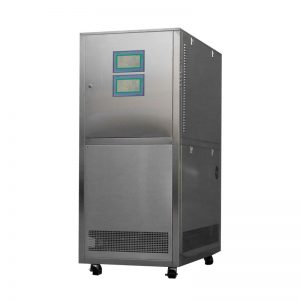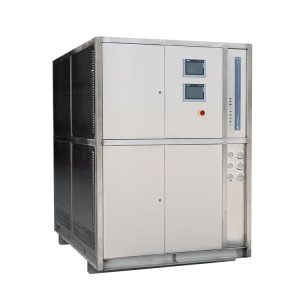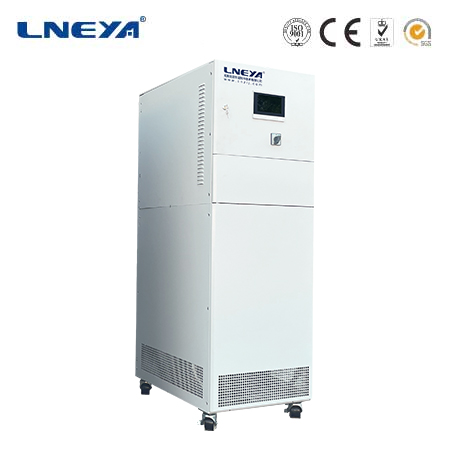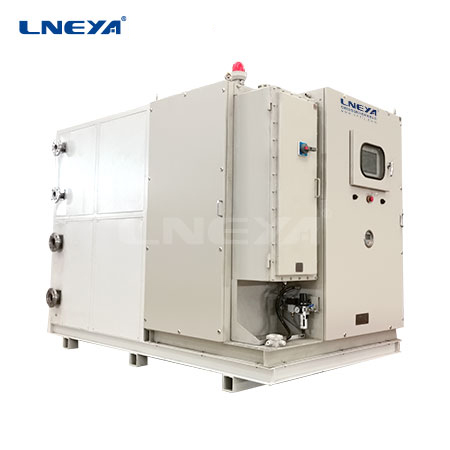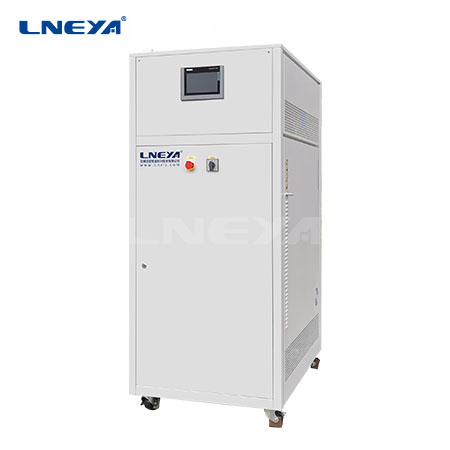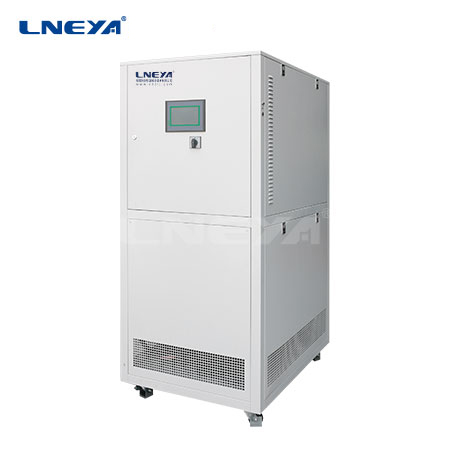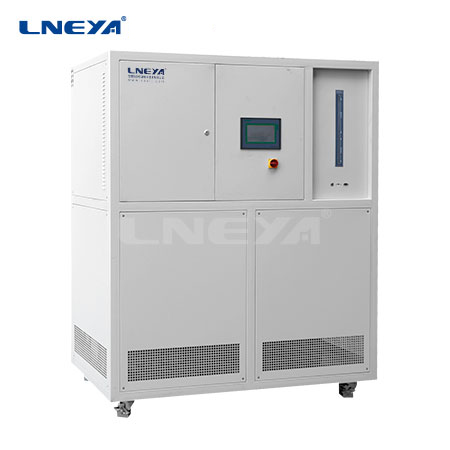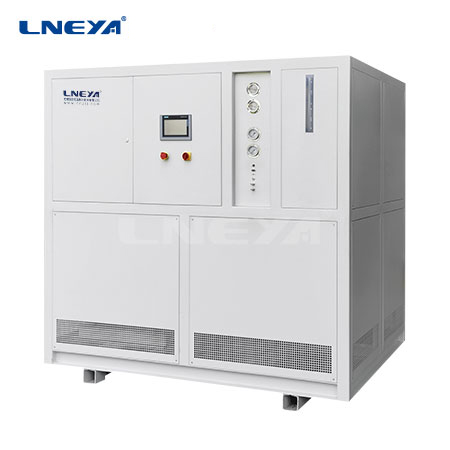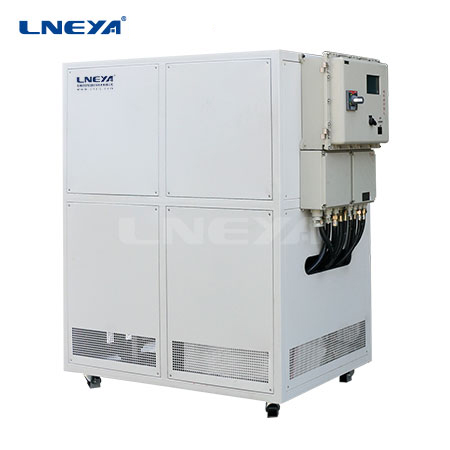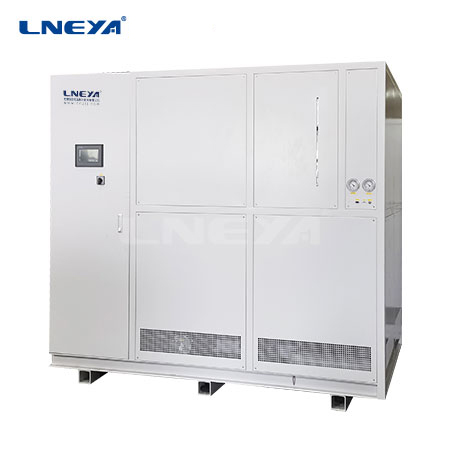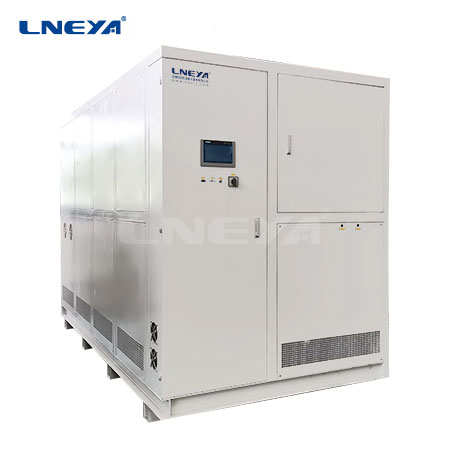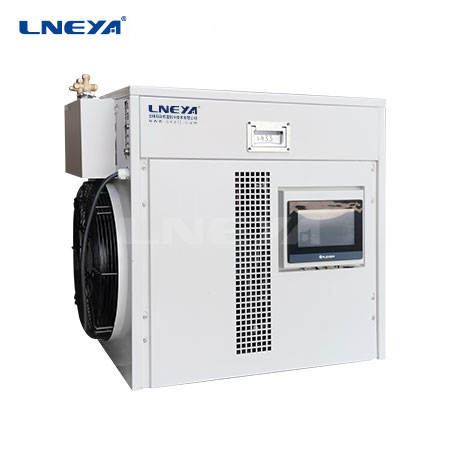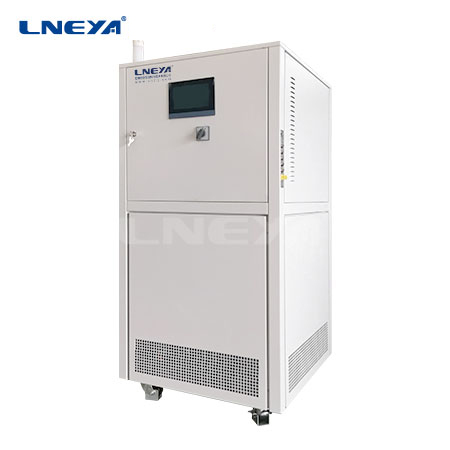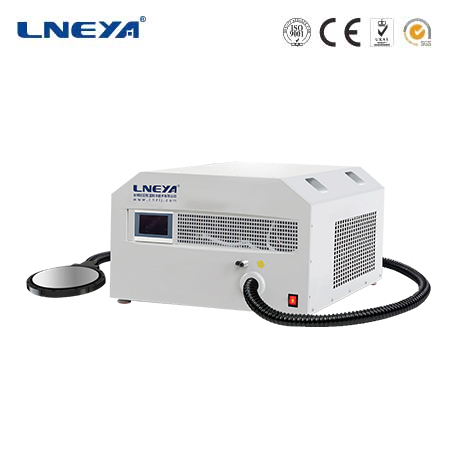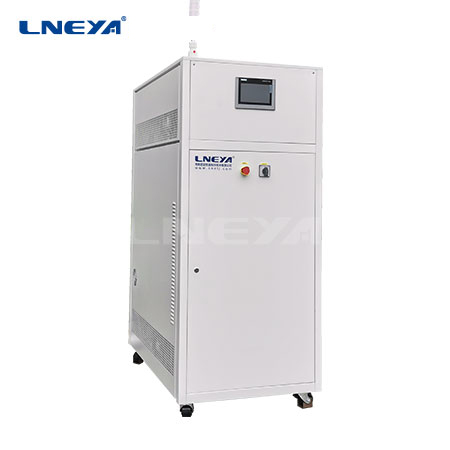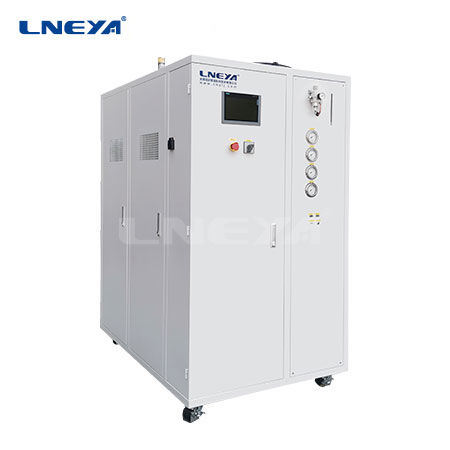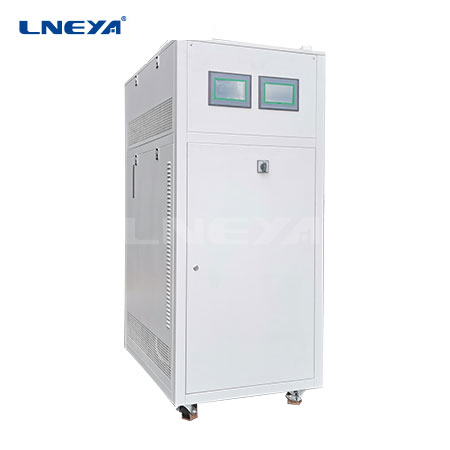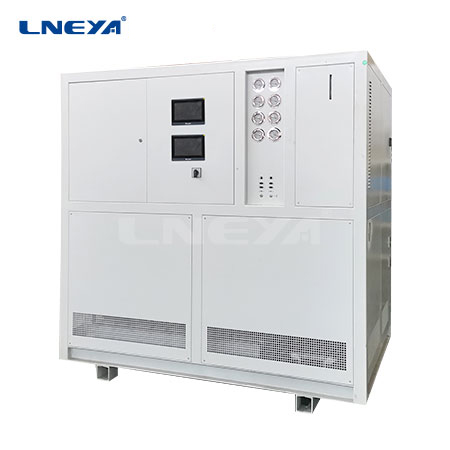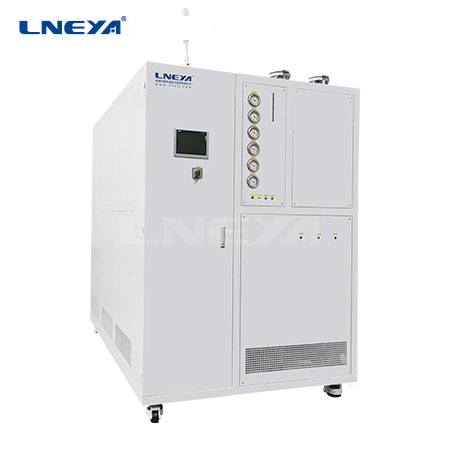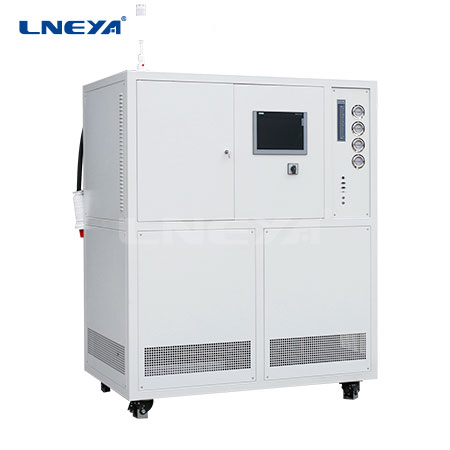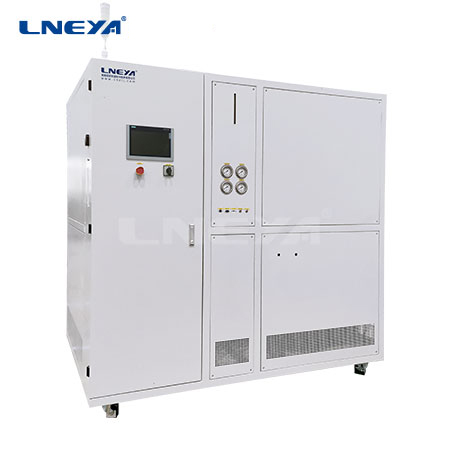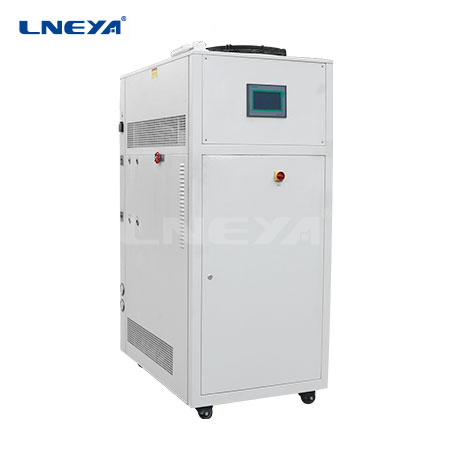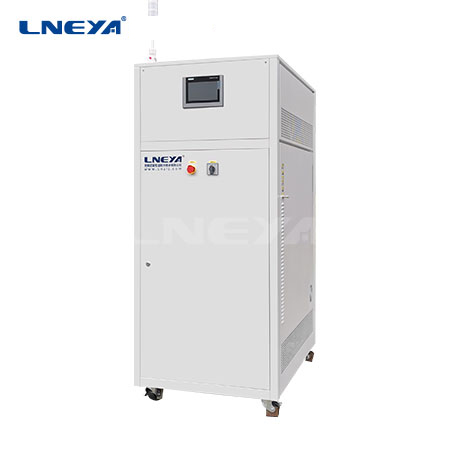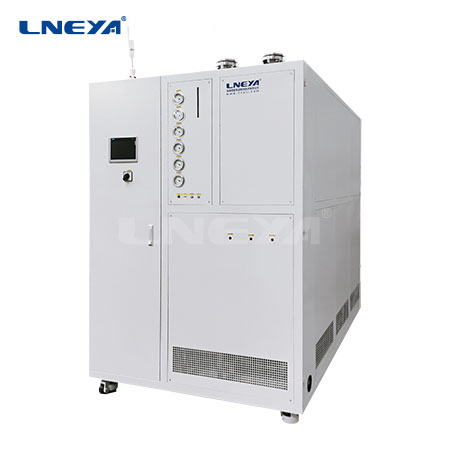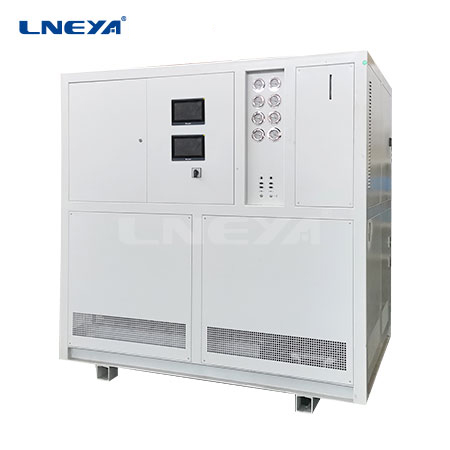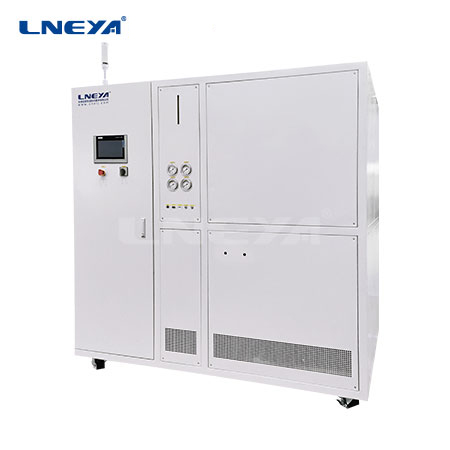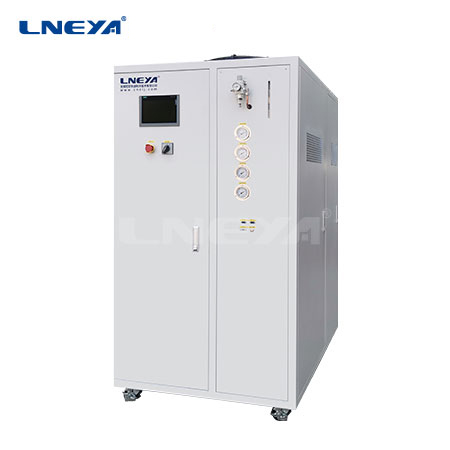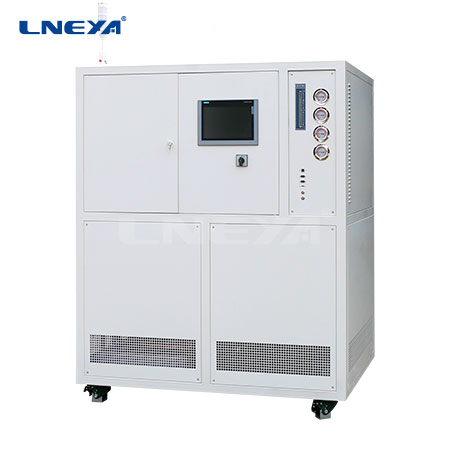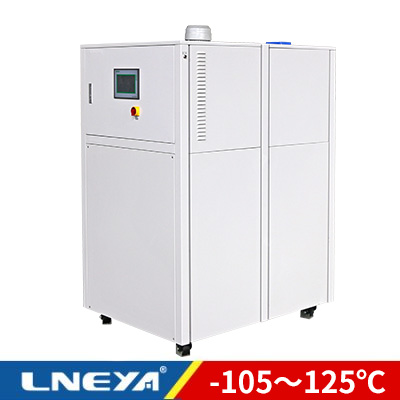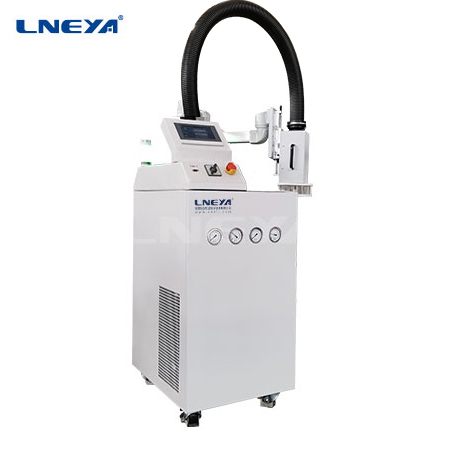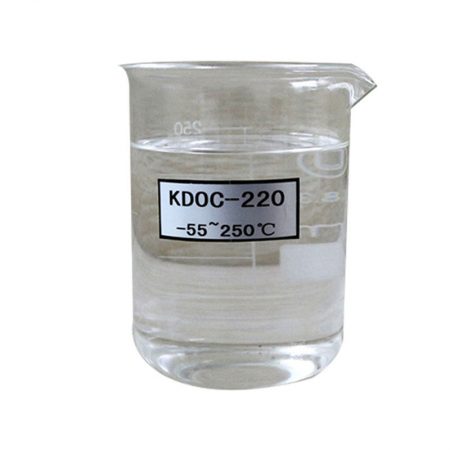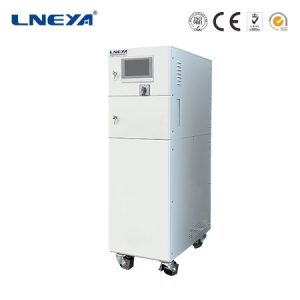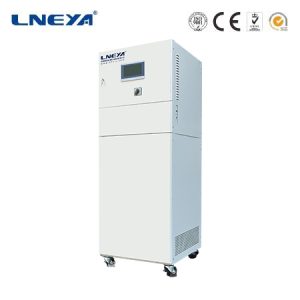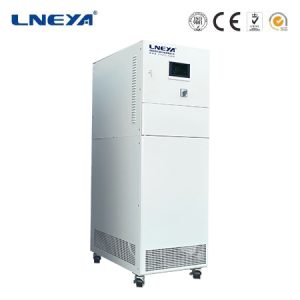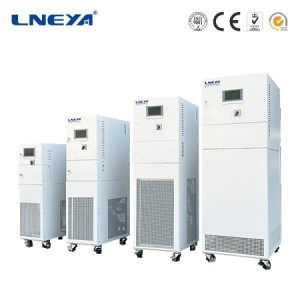Comparing Air-Cooled and Water-Cooled Cooling Systems
Cooling systems are integral to maintaining optimal temperatures in various industrial, commercial, and residential settings. Two prevalent types are air-cooled and water-cooled systems. This article delves into the distinctions between these systems, examining their mechanisms, benefits, and ideal applications.

Mechanisms of Air-Cooled and Water-Cooled Systems
Air-Cooled Systems: These systems utilize ambient air to dissipate heat. They typically consist of a heat exchanger, a fan, and a compressor. The heat exchanger absorbs heat from the system, and the fan blows air across the exchanger to cool it down. The cooled air is then circulated back into the space.
Water-Cooled Systems: In contrast, water-cooled systems use water or a water-glycol mixture to transfer heat. They involve a series of heat exchangers where the coolant absorbs heat and is then cooled by another exchanger, often connected to a cooling tower or a water source.
Advantages of Air-Cooled Systems
Simplicity: Air-cooled systems are generally simpler to install and maintain due to the absence of water-based components.
Cost-Effectiveness: They are often less expensive to purchase and operate, as they do not require additional water management infrastructure.
Space Efficiency: These systems are compact and can be easily integrated into existing structures without major modifications.

Advantages of Water-Cooled Systems
High Efficiency: Water-cooled systems can achieve higher cooling capacities and are less affected by ambient temperatures, leading to more consistent performance.
Energy Savings: They often operate at higher coefficients of performance (COP), translating to energy savings over time.
Scalability: Water-cooled systems can be easily scaled to meet the cooling demands of large facilities or processes.
Environmental Considerations
Water Usage: Water-cooled systems require a consistent water supply, which can be a concern in areas with water scarcity. However, closed-loop systems can mitigate this issue.
Energy Consumption: While air-cooled systems may consume more energy due to the need for additional cooling, advancements in technology have made them more energy-efficient.
Sustainability: Both systems can be designed to minimize environmental impact, with water-cooled systems potentially offering greater energy efficiency and air-cooled systems reducing water consumption.

industrial heater chiller
Aplicaciones
Air-Cooled Systems: Ideal for smaller spaces, residential applications, or areas with limited water resources.
Water-Cooled Systems: Suited for larger facilities, industrial processes, and environments where high cooling capacities are required.
Conclusion
Both air-cooled and water-cooled cooling systems serve essential roles in temperature regulation. The choice between the two depends on various factors, including the size of the space, available resources, and environmental considerations. Understanding the operational differences, advantages, and applications of each system is crucial for selecting the most appropriate cooling solution for specific needs.
 LNEYA
LNEYA
 简体中文
简体中文







